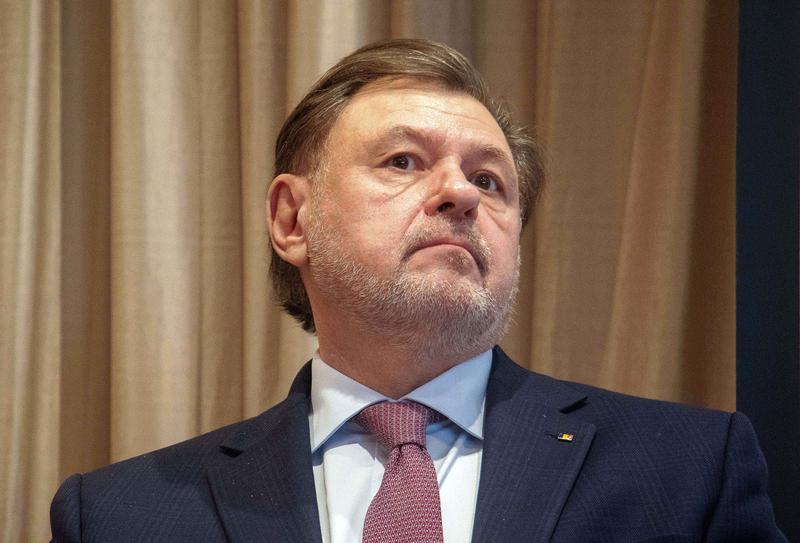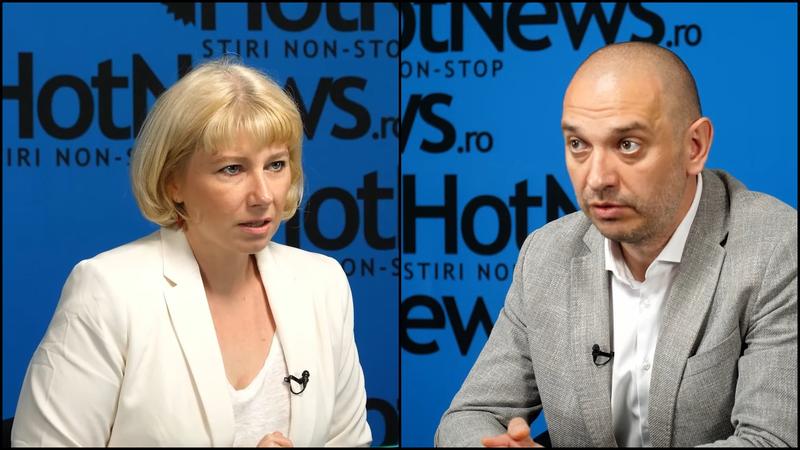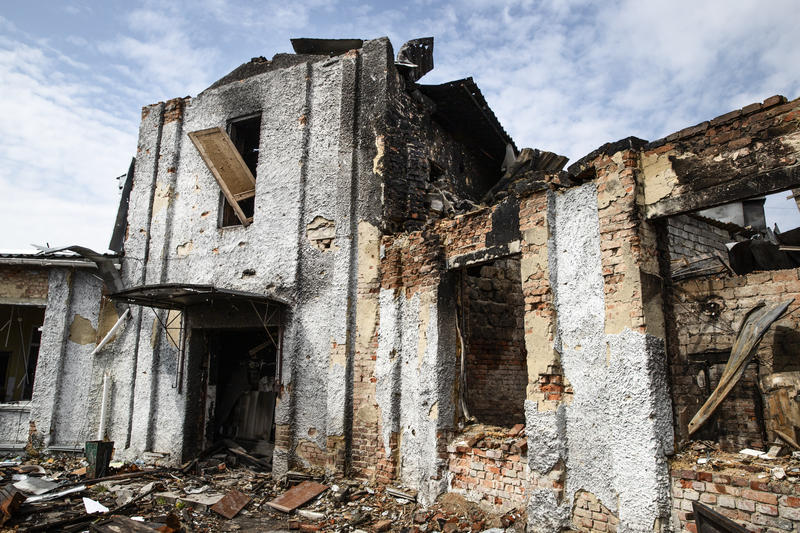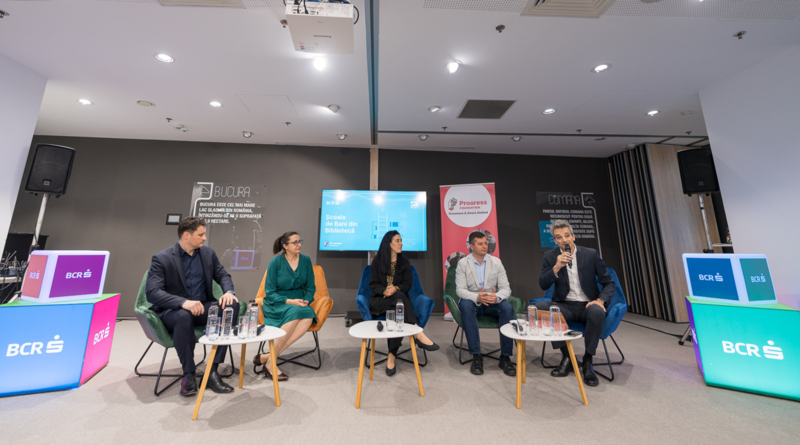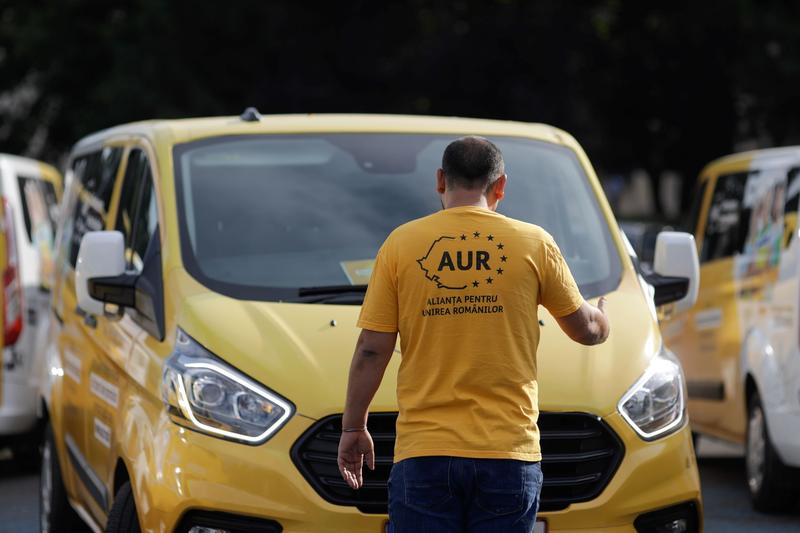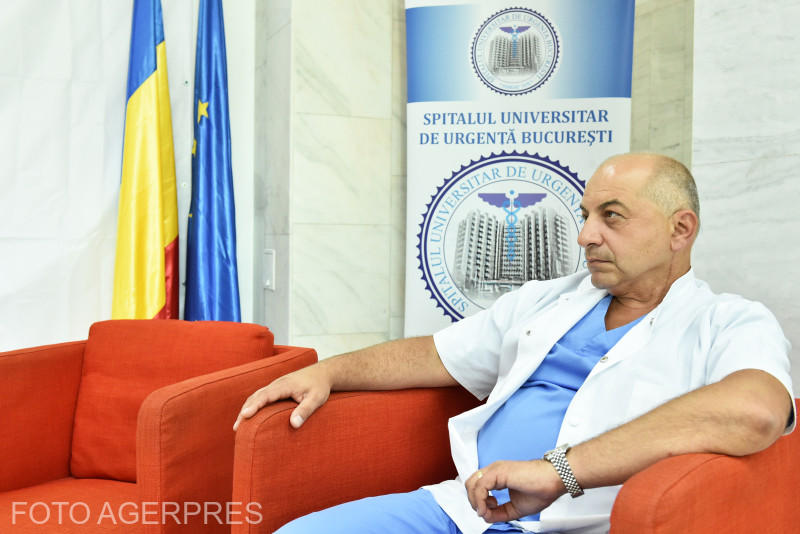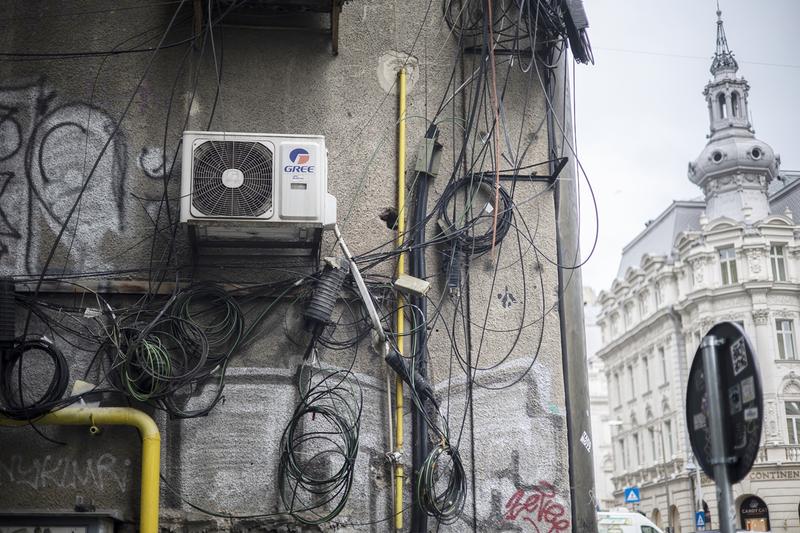The European Commission opened on Wednesday a new infringement procedure against Romania, following the problems in tracing the 112 emergency calls, the same problem that already brought Poland and Latvia in the European Court of Justice. Vivian Reding, EC commissioner for Telecomm, says that the measure proves the importance the Commission attaches to the unique emergency number. According to the EU legislation, the access to emergency numbers must be free and the telecomm operators must be able to trace the call in order to offer assistance to the caller in need.
Poland and Latvia were on trial in the European Court of Justice for not ensuring the tracing capabilities for calls made from mobile telephony networks, the same problem Romania has. Both countries are taking measures to make the tracing possible, but the systems were not yet fully installed. Unlike this, Romania is still at the very beginning of the procedures. Romania was summoned on this issue, while Bulgaria saw an infringement procedure opened for breaking the European Treaty.
Romanian authorities reacted on Wednesday, the Government, the Telecomm Ministry, the Special Telecomm Service (STS) and the National Telecomm Regulation Authority adopting similar positions: the fault must be searched in the mobile operators' backyard.
In a statement made for Hotnews.ro, Government spokesperson Camelia Spataru mentioned that "the tracing of all 112 callers depends on the mobile telephony operators in Romania".
Telecomm Minister Iuliu Winkler will present on Thursday in Brussels Romania's official position.
Special Telecomm Service (STS) officials blames directly the mobile operators for the EC decision. "The hardware and software architecture of the 112 system allowed the display of the place where the umber id called from. For wired telephony networks, this tracing system works. It doesn't work in mobile telephony networks because the information is not sent by the mobile operators towards the 112 operators", said the STS spokesman, who also claims that the implementation in mobile networks is not his institution's problem.
